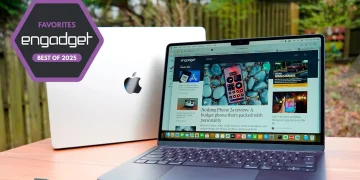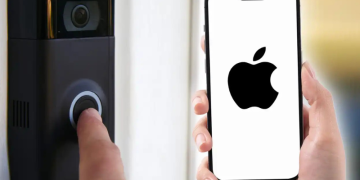Some college students work in the school cafeteria or at the local coffee shop, but Alex Eisler, a sophomore at Brown University in Rhode Island, sells dinner reservations at some of New York City’s hottest restaurants.
He does it through an app called Appointment Trader, where people can pay for a seat at the table at some of the city’s buzziest spots, like 4 Charles, Don Angie or Carbone, a practice that has earned the scorn of some top restaurants and earned Eisler $100,000 over the past 19 months.
For everyday New Yorkers and tourists, getting such sought-after seats is nearly impossible, making platforms like Resy — a popular and free site — a major hub for securing reservations. It works with more than 16,000 restaurants around the world, but for New York’s hottest restaurants, reservations disappear seconds after they go live.
Enter platforms like Appointment Trader, where people can pay to claim a spot — on top of their food and drinks, which can easily add up to hundreds of dollars at New York prices.
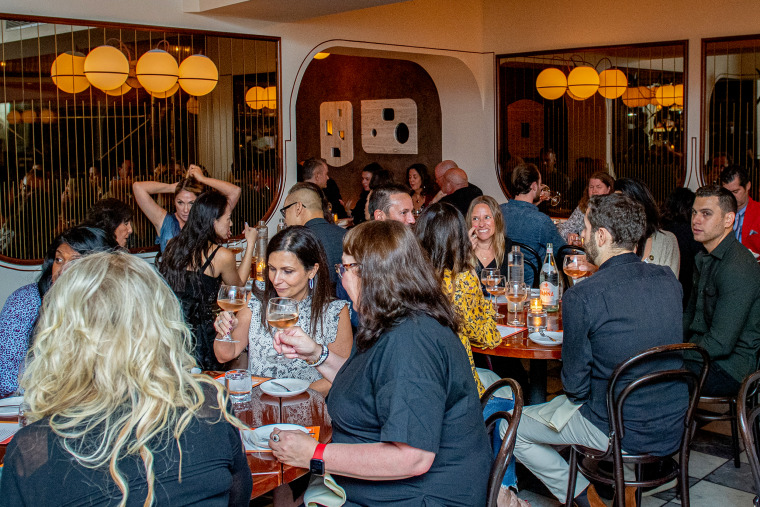
Here’s how the platform works: Its 15,000 sellers scoop up the best reservations, which are then posted on Appointment Trader, where users place their bids. The higher the demand, the higher the final price tag.
“If you make things available, people will pay money for it,” said Appointment Trader creator Jonas Frey, who explained the idea was born after a frustrating day at the DMV.
“There was a long line and I was wondering, how is it possible that I can’t pay to get an appointment?” he said. “There must be demand for this.”
After months of coding, Frey launched Appointment Trader in 2021. He quickly saw demand skyrocket, but not for DMV appointments. For restaurant reservations.
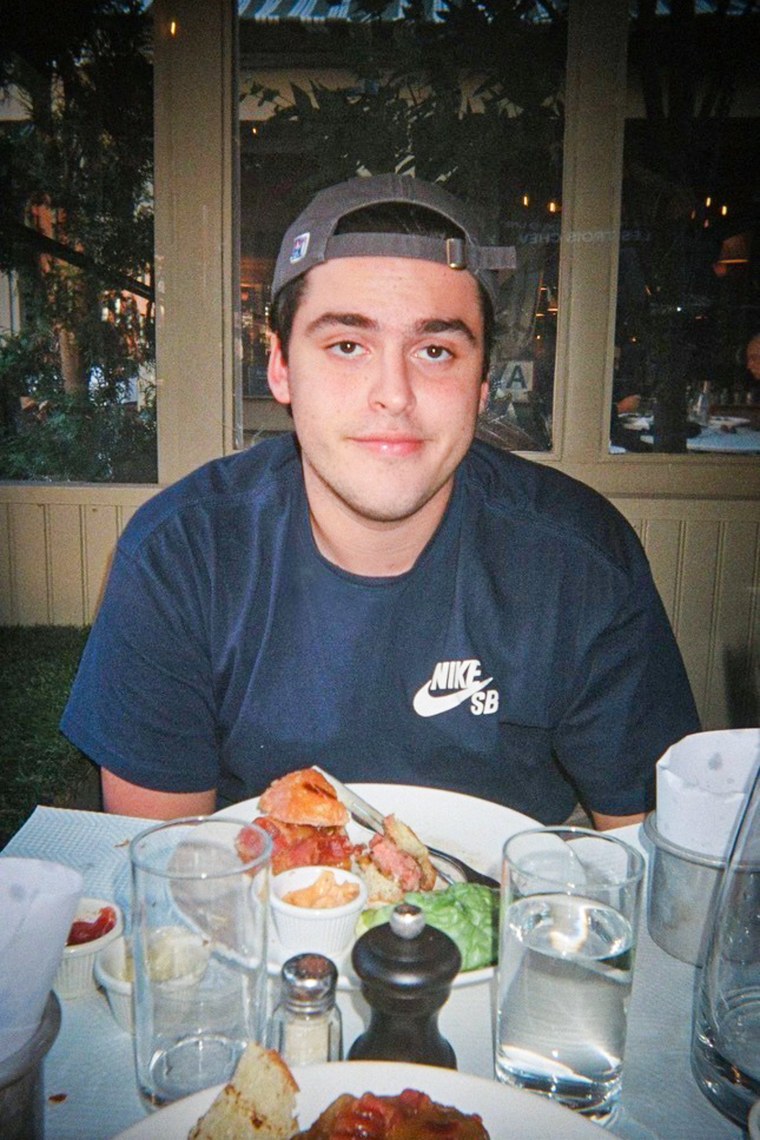
As it turns out, a lot of people are willing to pay for access to an elite dining experience, according to Frey. Appointment Trader sold $5.7 million in reservations in the last year, he said, with customers buying an average of $20,000 in reservations a day in recent weeks.
Most of the proceeds go to the sellers, like Eisler, and the site takes a 20% to 30% cut, Frey said.
Eisler, a top seller on the platform, heard about Appointment Trader during a visit to New York a few years ago when he was looking for a reservation himself.
“I realized that if someone else can sell it, why can’t I? I have nothing to lose,” he said. “So when I eventually started, I was just waking up at 9 a.m. or 10 a.m., just going on my phone on Resy when reservations came out, and then booking them.
“And then it all kind of just spiraled from there.”
He said he tries to balance his class schedule with his business to keep the latter afloat.
“This semester, I personally have my Tuesdays with nothing — no classes,” he said. “So Tuesdays are kind of like my reservation day.”
He uses dozens of Resy accounts, emails, programmed bots, and even different voices when calling restaurants on the phone, he said.
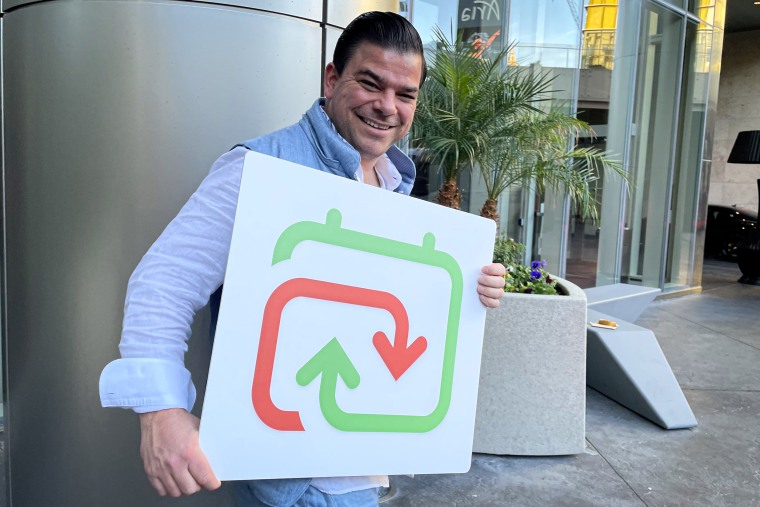
“I set alarms on my phone to remind me to go on Resy,” he said. “And when someone cancels a reservation, I get a notification that it’s available. So then I either have a bot, which can automatically get it for me, or I can just do it myself.”
But he has to stay on top of it in case a reservation gets canceled or his account is flagged either by a restaurant that doesn’t want its reservations resold or by Resy.
“I’ve had a lot of accounts terminated,” he said.
Representatives for Resy did not respond to requests for comment, but its terms and conditions say, “You shall not resell or distribute, or attempt to resell or distribute, any Reservations.”
Frey said that when he first started Appointment Trader, “we got a bunch of cease-and-desist letters.”
“There were not so many open arms,” he said. “They were more up in arms.”
But as the site grew, some restaurants partnered with it, agreeing to fill bids on Appointment Trader while ensuring a cut for themselves.
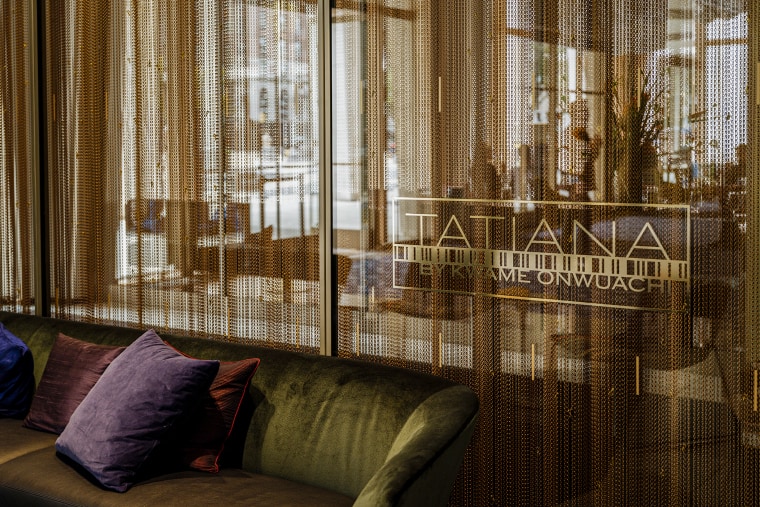
But Siria Alvarez, restaurant manager for Tatiana, ranked No. 1 in New York City by The New York Times two years in a row, said the practice makes already exclusive options even more unattainable.
“It’s very upsetting for guests that try to get a reservation the fair way,” Alvarez said. “The buying and the selling of the reservation is not about who you know, but it is about what you have.”
Frey argued that putting a price tag on reservations allows more people into the world of exclusive dining.
“There are some restaurants in the world that are extremely oversold, where you can really only have access if you’re part of the elite,” he said.
Alvarez said she isn’t surprised people have resorted to buying reservations at places liked Tatiana, where chef Kwame Onwuachi, a “Top Chef” alum and recipient of the James Beard “Rising Star” award, combines his Afro-Caribbean heritage with his New York City upbringing on the menu.

“Having a waitlist of 1,200-plus people a day, I can imagine why it would be that rate,” she said.
Alvarez said Tatiana does not sell reservations, which become available on Resy 20 days in advance at 12 p.m. ET but are gone in less than 30 seconds.
“Guests who have waited such a long time — for months, maybe a year, maybe hours standing in line outside — always say that it was worth the wait,” she said.
Frey countered: “Waiting in general is a terrible thing. I think it would be the ideal scenario if there were no wait times, but just a price to pay.”
















![Anne Hathaway’s Celebrity Shoe Style [PHOTOS]](https://singexpress.news/wp-content/uploads/2024/10/7316aba8adf0fa7f551350cdb6d52baa-360x180.jpg)



